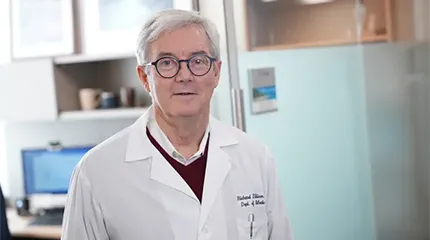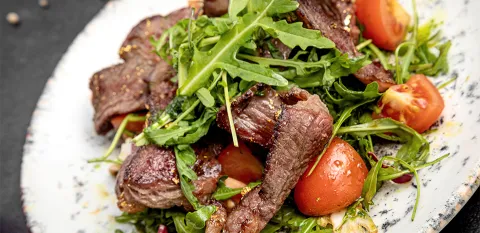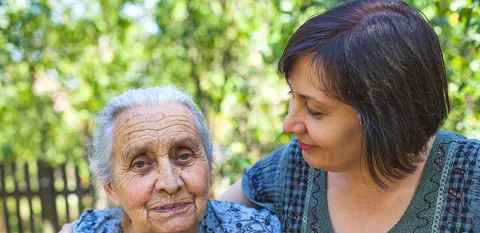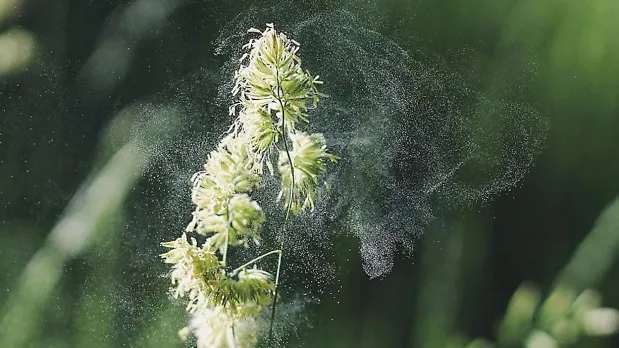Coastal Medical Expands Partnership with UMass Memorial Health Through Milford Regional Medical Center Agreement
Coastal Medical Transportation Systems (CMTS), a privately owned and operated ambulance and medical transportation co
Coastal Medical Transportation Systems (CMTS), a privately owned and operated ambulance and medical transportation co

At first, it sounded like an isolated and tragic incident, but one perhaps too far away to cause any worries here in
At a time when health systems are under increasing pressure to improve care delivery models, UMass Memorial Health ha
Hospital at home programs have been a bright spot in the healthcare lands
The Authorization for the Disclosure of Protected Health Information form is available for download in different languages:
A perfectly grilled New York strip steak, crisp romaine lettuce, and a medley of fresh vegetables make this dish both hearty and refreshing. It's easy to prep and can be used for leftovers.

At UMass Memorial Health, we firmly believe in celebrating the unsung heroes who consistently demonstrate exceptional dedication, clinical excellence, compassion, and innovation in their roles. Our awards program is more than just a recognition — it's a tribute to the individuals and teams who go above and beyond to ensure the well-being, safety and satisfaction of our patients, families, and colleagues. We invite and encourage patients, family members, and employees alike to nominate deserving individuals for these prestigious awards.
Nicholas Smyrnios, MD, professor of medicine in the Division of Pulmonary, Allergy, and Critical Care Medicine, has b


Just a week into spring and the weather still feels anything but.